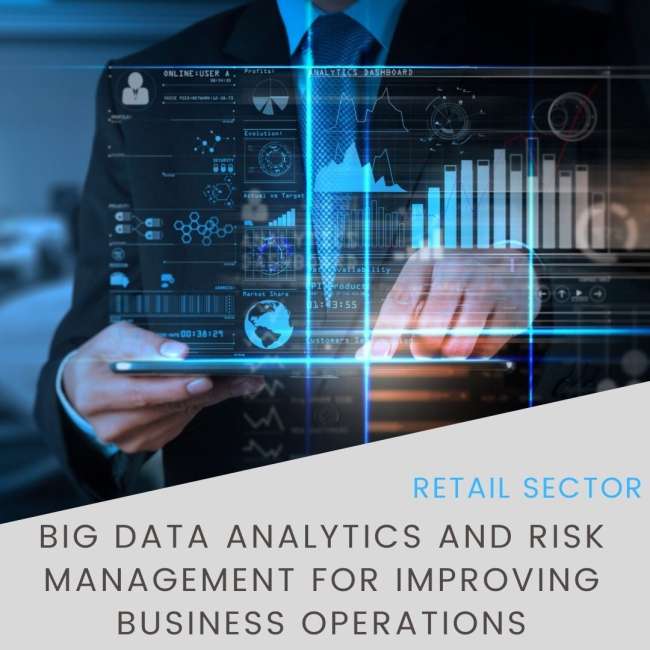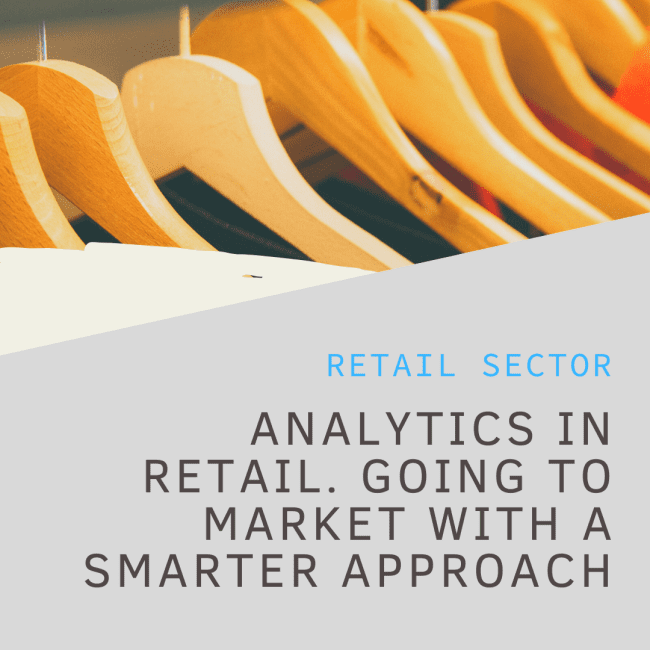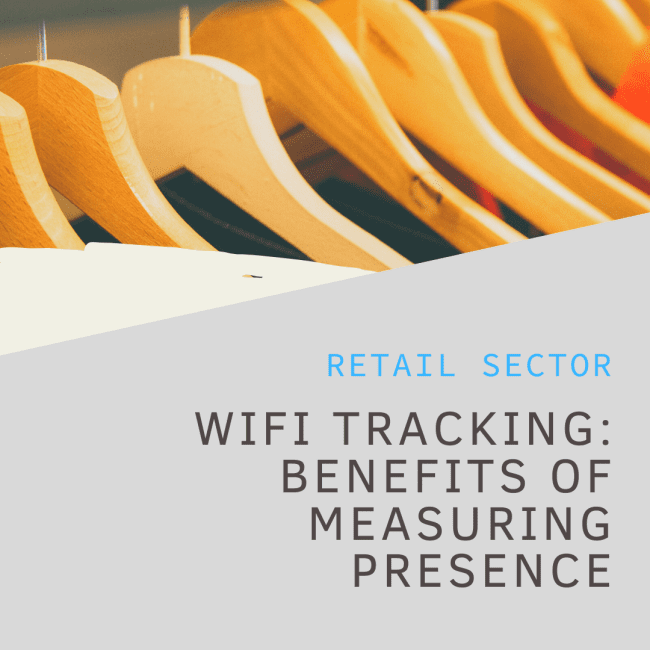When we hear the term big data, we most likely think of huge volume of data that is available today. It is created by marketing and ecommerce systems, IoT devices, and business applications that produce detailed information about business activities and transactions. These are only a few examples of how this sheer scale of data is generated. It may be overwhelming at first, but there are bigger business benefits that come with analyzing big data, especially when we look at it as a means to attract and retain customers and enhance customer engagement.
For instance, in a physical retail store, big data analytics uses artificial intelligence to provide a pleasant customer experience, improves customer journey of shopping the products or services, and enhances customer experience. Let’s look at how big data analytics and risk management helps improve business operations and retain customers.
Better Customer Engagement
Big data provides insights into how to keep customers engaged with your product or service with its predictive analysis tools. Early tools, especially in ecommerce stores, would tell you for instance, that customers who bought a chair also bought a table. Now, the recommendations are a step further and study overall customer behavior. Based on sophisticated insights, we can now target consumers and market products according to a user’s browser history, social media activity, and demographics such as age, location, gender, and more. These systems are not only limited to ecommerce stores. At a restaurant, a friendly waiter’s recommendations are based on existing data – stock quantity in the pantry, profitable dishes, popular combinations, and social media trends. Brick-and-mortar stores can also use data obtained from video footage to analyze how customers navigate through the store.
Increased Digital Marketing Intelligence
Not only can big data help analyze complex customer behavior in detail, it also helps deepen our understanding of market dynamics. With increased influence of technology in our daily lives and the advancement in artificial intelligence, businesses that intend to thrive the digital world have to integrate data intelligence into their marketing strategy.
Digital marketing intelligence allows businesses to use this data to discover consumer insights, understand strengths and weaknesses, and generate sales. Utilizing marketing funnels to identify customer journey from start till end particularly helps businesses when launching a new product, entering a specific market or adopting a new business.
Innovation Backed by Customer Buying Behavior
Data by itself cannot produce new insights. It still requires the human element to understand trends and bring about innovation based on these trends. Customer behavior and buying patterns help to identify subject areas that allow for new experiments and efforts in providing innovative solutions. Big data helps in making informed decisions to enhance customer experience and provide customized products or services.
Better Customer Loyalty
Rather than only responding to customer complaints, data analytics tools also help businesses build customer loyalty. Big data provides qualitative and quantitative view of a business and helps infer meaningful trends. These can be used to translate into better services, operational activities, or services.
Once businesses get a rounded picture, the information can allow to build a one-to-one communication with the customer – promoting loyalty by addressing customer problems before they arise, and cutting down costs by avoiding poorly targeted or irrelevant advertising campaigns.
Forecasting Future Trends
As mentioned earlier, the real power of big data is its potential to predict. Businesses are now not only limited to insights from past and present data, but can also forecast the future trends, thanks to big data.
To understand this, let’s consider how a business can study the purchasing patterns of a customer, and use it to predict when the next purchase will happen and what item will they purchase. Combining this with a CRM system can create automated conversion workflow with guaranteed ROI. It provides the ability to reach out to customers at the right time for the right product before they can reach out to you.
Personalized Customer Experience
Customers today don’t like generic advertising targeted at no one in particular. They want to be addressed personally as individuals when communicating with a business. They need to be told why they should invest in a product or service. Data analytics allows a company to predict each individual’s needs and wants, and only offer the material relevant to them.
Final Thoughts
With more data available to businesses, it is important to have a customer-centric approach to analyze it, leading to better customer services and improved customer experience. For any business that looks forward to improving sales, it is imperative to know how to leverage big data for customer engagement and use it to generate long term profits.







